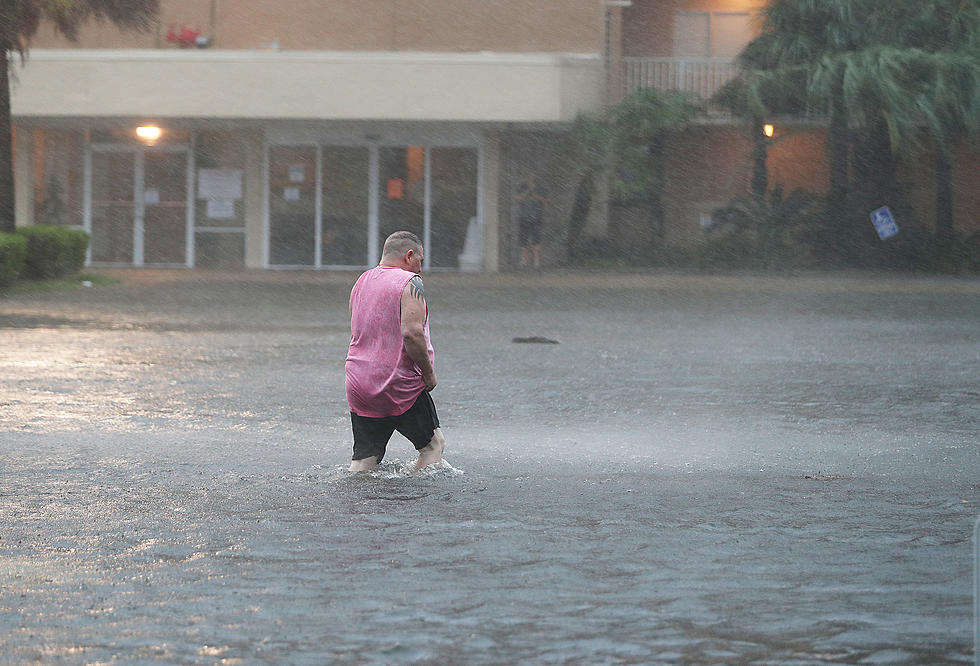
Organic Chemistry Professor Fired After Student Petition Claims Class Was Too Hard
A student petition at New York University asking for additional support in the classroom instead led to the firing of a longtime and well-respected organic chemistry teacher.
Maitland Jones Jr. was an endowed chair at Princeton University for decades. After he took his retirement, he went to teach at New York University to teach Organic Chemistry. The class is typically seen as a "weed-out" class for prospective med school students. Those who struggle in this class are all but assured of not getting accepted into medical school down the road.
Understandably, that puts a lot of pressure on students who take the class.
Jones is no ordinary professor, though. He literally wrote the book on the subject, is one of the most respected voices in the field, and has had a long and successful career teaching it. However, a group of students came together to sign a petition asking NYU for additional support and assistance.
The university's response, though, was to fire him.
But last spring, as the campus emerged from pandemic restrictions, 82 of his 350 students signed a petition against him.
Students said the high-stakes course — notorious for ending many a dream of medical school — was too hard, blaming Dr. Jones for their poor test scores.
The professor defended his standards. But just before the start of the fall semester, university deans terminated Dr. Jones’s contract.
The officials also had tried to placate the students by offering to review their grades and allowing them to withdraw from the class retroactively. The chemistry department’s chairman, Mark E. Tuckerman, said the unusual offer to withdraw was a “one-time exception granted to students by the dean of the college.”
There has been a lot of discussion since the New York Times story broke on academic standards, lessening expectations, and, of course, cancel culture.
A lot of commentary, ranging from personal blogs and Substack accounts, take the professor's side, lamenting the lengths the university went to in order to appease students - and the bottom line.
He said the plan would “extend a gentle but firm hand to the students and those who pay the tuition bills,” an apparent reference to parents.
The university’s handling of the petition provoked equal and opposite reactions from both the chemistry faculty, who protested the decisions, and pro-Jones students, who sent glowing letters of endorsement.
“The deans are obviously going for some bottom line, and they want happy students who are saying great things about the university so more people apply and the U.S. News rankings keep going higher,” said Paramjit Arora, a chemistry professor who has worked closely with Dr. Jones.
But not all of the comments surrounding the story are in defense of Jones, who was a tough teacher with years of lower-than-average reviews of his class.
NYU's independent student newspaper, the Washington Square News, published an editorial attacking the New York Times piece and defending the students.
The article was misinformed, overly opinionated for a news story, incomplete in its reporting, and ignorant to the realities of being a student and young person today.
Frequent readers of the Washington Square News know that as a publication independent of NYU, we’re no stranger to holding the university accountable for its missteps. In this case, however, we feel that the Times’ reporting gravely misrepresented the situation.
Stephanie Saul, the reporter who wrote the Times article, implies that student sentiment about Jones was unique to the spring of 2022. However, it was not at all unfamiliar.
John Beckman, a spokesperson for NYU, told the Times that Jones’ student-submitted course evaluations “were by far the worst, not only among members of the chemistry department, but among all the university’s undergraduate science courses.” The Times, however, did not mention Jones’ standing until quite late in the piece.
COVID-19 was very tough on academics from the top down. Are we lowering standards or is the dynamic of education, even at the college level, being forced to change?
The Top News Stories For The Week Of September 26
List of Homicides and Deaths in Acadiana for 2022
More From Classic Rock 105.1










